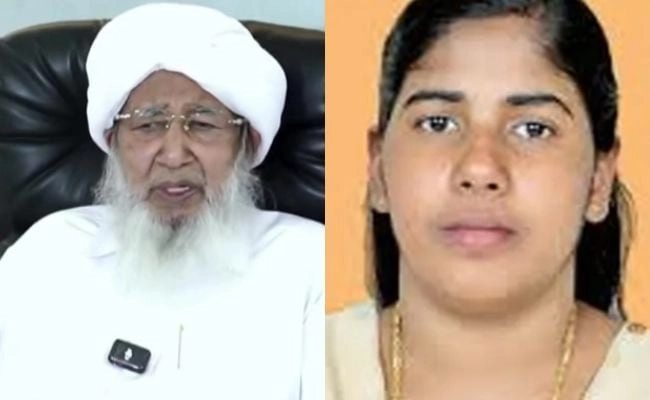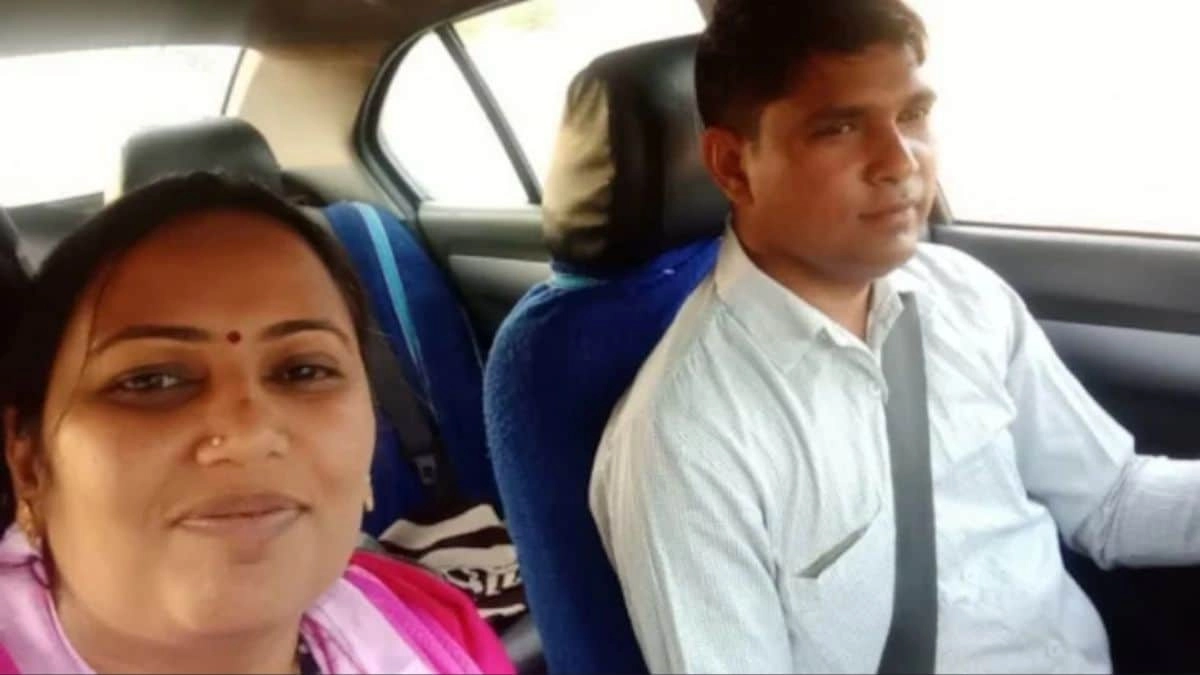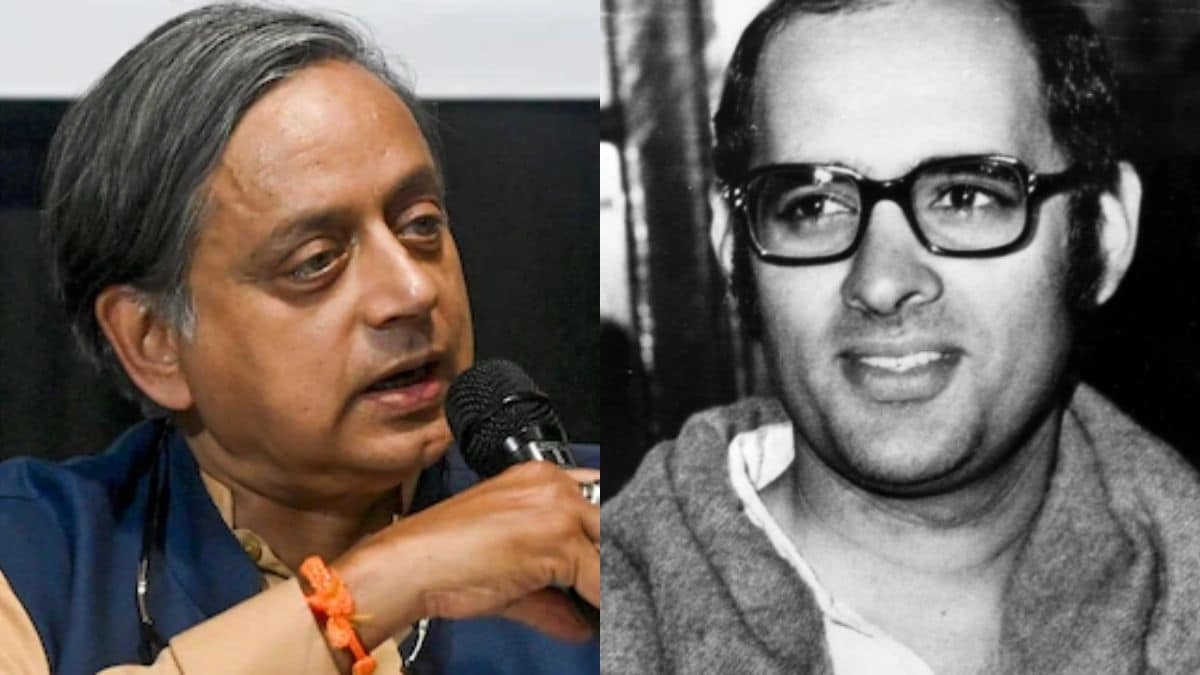The Grand Mufti of India is a prominent religious figure who serves as a leading authority on Islamic jurisprudence and interpretation within the country. This position carries significant weight, as the Grand Mufti is often called upon to provide guidance on various issues affecting the Muslim community in India. One notable instance that brought the Grand Mufti into the spotlight was his intervention in the case of a Kerala nurse sentenced to death in Yemen. His actions not only showcased his influence but also highlighted the broader implications of religious leadership in international humanitarian issues.
The case in question involved a nurse from Kerala who faced a death sentence for allegedly committing a crime in Yemen. The situation garnered considerable media attention and raised concerns about the safety and rights of Indians working abroad, particularly in conflict zones. The Grand Mufti’s involvement was pivotal as he advocated for a reconsideration of the sentence, emphasizing mercy and the need for a fair judicial process. His appeal for clemency resonated with many and brought attention to the complexities surrounding legal systems in different countries, especially those embroiled in conflict.
The Grand Mufti’s actions illustrate the critical role religious leaders play in advocating for justice and humanitarian concerns. By leveraging his position, he not only sought to protect the life of an individual but also addressed the broader implications of international labor rights and the responsibilities that come with working in foreign nations. His intervention serves as a reminder of the power of religious authority in influencing social and legal outcomes, particularly in situations where individuals may be at risk due to geopolitical tensions. This incident has sparked discussions about the need for better support systems for expatriates and vulnerable communities in crisis situations.
In addition to his role in this particular case, the Grand Mufti of India often engages in various social issues, emphasizing the importance of community welfare and ethical governance. His leadership is vital in fostering a sense of unity and resilience among Muslims in India, as well as advocating for interfaith dialogue and understanding in a diverse society. The case of the Kerala nurse highlights the potential for religious figures to act as mediators and advocates, bridging gaps between different cultures and legal systems. As such, the Grand Mufti’s influence extends beyond religious matters, impacting the lives of individuals and communities on a broader scale.




